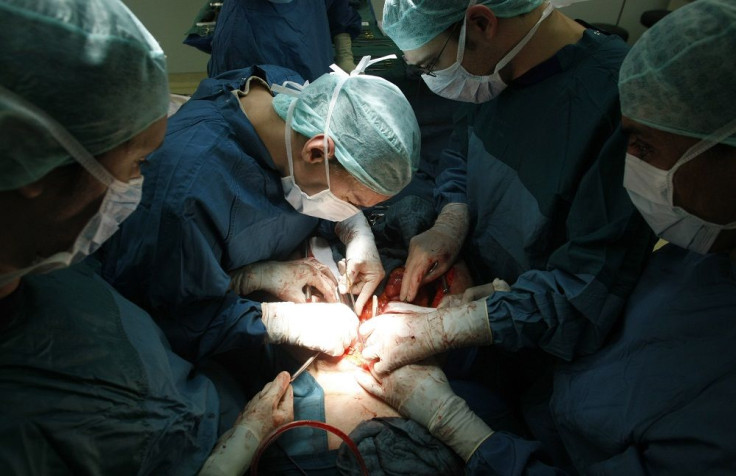Mass production of liver cells from stem cells offers new hope for patients with liver damage

Scientists might now be a step closer toward developing new therapies for patients with liver damage. A team of researchers at the University of Edinburgh claim to have identified a method for mass production of liver cells from stem cells, a cost-effective technique that could be used to develop clinical grade cells.
The researchers say that their technique does not involve animals or animal products and that the liver cells can be grown on defined materials. This property of mass production of liver cells makes it potentially safe for human use.
The technique developed by researchers at the university's Medical Research Council Centre for Regenerative Medicine uses a synthetic material called laminins for growth of liver cells, unlike traditional liver therapy involving animal products.
In addition, the existing method makes use of organ cells from the donor to grow a limited number of liver cells, while the new method uses stem cells to offer unlimited supply for patient therapies.
Laminin is present in the walls of the supportive tissue that surrounds cells. It helps form the structure of the cell. During the study, the researchers found that growing stem cells on laminin led to production of organised cells which were similar to liver cells.
Further analysis revealed that the produced cells showed similar levels of gene expression as that of a cell derived from a donor organ. In addition, the cells rearrange themselves to form complex structures, similar to what is found in the liver tissue.
"The development of a defined process to deliver better quality liver cells from clinical grade stem cells is a significant advance. The next step will be to assess their suitability for human use in the appropriate pre-clinical models," said Dr Dave Hay in a press release.
The complete details of the study have been published in the journal Stem Cell Reports.
Contact the writer at feedback@ibtimes.com.au, or let us know what you think below.






